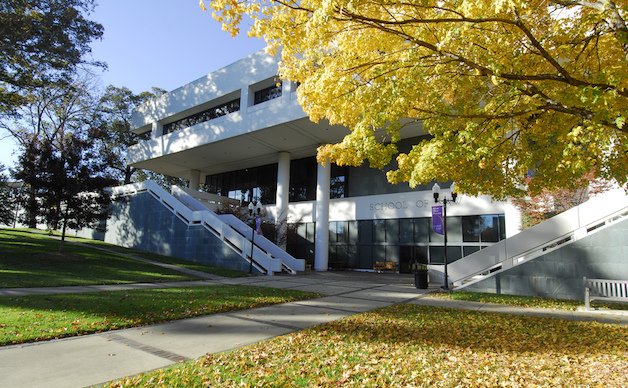
Sunday Splits
Serving You Circuit Splits Every Sunday
Sydney Antonoff-Wertheimer | Does Absolute Judicial Immunity End With Parole Board Psychologists?
Judicial immunity has its roots in traditional English common law and has long been recognized by federal courts. See Bradley v. Fisher, 80 U.S. 335, 347 (1871). The Supreme Court upheld this immunity after the passage of 42 U.S.C. § 1983, which created liability for state actors who deprive citizens or other persons of their Constitutional rights. 42 U.S.C. § 1982; Pierson v. Ray, 386 U.S. 547, 554 (1967). The question courts ask when determining liability in § 1983 cases is whether, under common law principles of immunity, the defendant would be immune from suit due to their judicial or quasi-judicial role. See, e.g. Malley v. Briggs, 475 U.S. 335, 339-40 (1986). The Supreme Court has established a presumption that only qualified immunity is necessary for government officials, refusing to expand absolute immunity beyond what is truly necessary. Burns v. Reed, 500 U.S. 478, 486-87 (1991). The general test is whether the defendant is serving a function that existed—or is analogous to a function that existed—under English common law that would entitle him to absolute immunity, but courts still come to different results based on the specific test they decide to use. This is the apparent reason for the circuit split discussed below.
